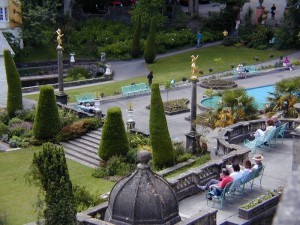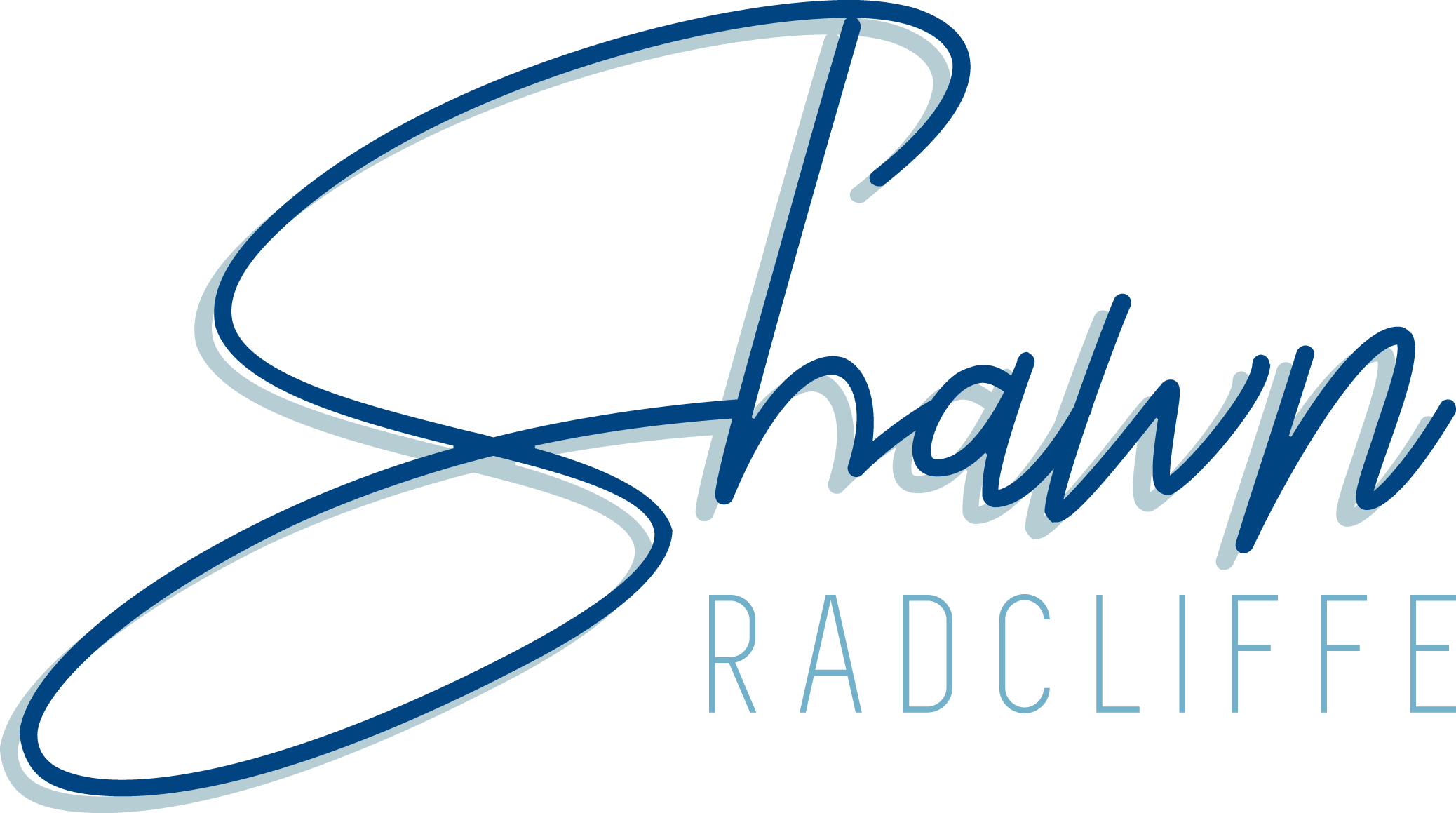In college, I thought I could accomplish everything.
And for a while, I did. With my youthful stamina—and copious amounts of Mtn Dew—I survived seven classes a term, on top of writing short stories for workshops, practicing trumpet and piano several hours a day, running and biking, unicycling, and volunteering in the community.
I was pulled in many directions. Away from my writing. Toward it. And away again. Wherever I traveled in my writing, I always ended up running back to the safety of intellectual thought—the steady, reassuring blandness of biology and chemistry exams, the predictable results of chemistry experiments, and the acceptable praise of good grades and a bright future.
For many teenagers, college is a rite of passage. After years of living safely within the confines of their youth, they leave high school, say goodbye to childhood friends, and kiss their mothers on the cheek. They reach college filled with excitement, and open themselves to the possibilities hidden within libraries filled with wondrous books, and computer labs stocked with the latest technology.
Stay on Path
For me, though, college was more of the same. The security of home was replaced by the safety of academia, a path built with bricks pulled from the ivory towers of the university, paved over with classes, lessons, and books. Even my writing became academic, falling into the same trap—exercises to be completed as assigned, turned in, graded, and forgotten.
I spent five years in college, five years living the safe routine of the small-minded world enclosed by brick and mortar. For much of that time, I lived among the stacks of the library, poring over books selected at random, books that had nothing to do with my classes, but ones filled with delightful stories—both real and fictional—of far-off lands, magical microbes, and people unlike those who lined the streets of my hometown.
After graduation, it was more of the same. Work, school, work, work and school, and more work. To challenge myself, I learned new things that caught my eye, just like the books pulled from the shelves of my university’s library. I could still achieve whatever I set my mind to. Learning was easy. But each new skill or fact crammed into my head meant one less moment spent writing.
Along the way, I waited for the transformation that would bring me out of childhood and into something magical. Where was my rite of passage?
I continued like this for years.
Falling Slowly
Until I crashed. Burned out by too many years of studying and memorizing and regurgitating. Not just in school, but also in life. I had learned my roles well—the parts I was to play in relationships and at work. I watched television, had seen movies and read books. I knew how to fit into the life that I was expected to lead.
Mine was a slow, subtle crash. The kind I imagine people on an airplane experience when the engines lose power and the metallic behemoth that encases them starts its inevitable descent toward the earth.
Time stops for a moment, like the brief pause between inhalation and exhalation. Rich. Vivid. Silent.
And then the slow fall, imperceptible except from the outside, but the descent determined by an unseen force of inevitability.
For years after college, my safe life seemed to continue without interruption. By the time I noticed that I was falling, it was already too late. I had already plummeted into an abyss below a mountain constructed out of course catalogs, textbooks, laboratory experiments, dissected animals, and short stories hastily thrown together for workshops held in uncomfortable rooms in the Cathedral of Predictable Learning.
When I finally hit bottom, I thought I had fallen off the ivory-towered path that I had left home in search of. This, I told myself, is what failure feels like.
When everything fell apart, what was left was darkness, the darkness of the forbidden forest that lies beyond the edge of the village.
Life in the Village
 We are all born into this village. It is safe and well-lit, but most of all predictable, like the suburbs that so many of us live in now. We can’t walk more than five feet without being reminded that we are protected by the village, living near hospitals, passed by cops, and looked after by myriad camera lenses peering at us from banks, jewelry stores, ATMs, and skyscraper ledges.
We are all born into this village. It is safe and well-lit, but most of all predictable, like the suburbs that so many of us live in now. We can’t walk more than five feet without being reminded that we are protected by the village, living near hospitals, passed by cops, and looked after by myriad camera lenses peering at us from banks, jewelry stores, ATMs, and skyscraper ledges.
I spent much of my early life in the village, leaving only under the cover of darkness. I fell slowly over many years, and when I finally hit bottom, the forest engulfed me completely. I landed in the thick of it, far below the shiny houses of the village, trapped by emptiness, self-doubt, anxiety, and depression. Surrounded by creatures that I could not identify, things that crept and slunk and slithered around me. I had lost my bearings, with no way of knowing which way to go.
It took me some time to realize that losing my way was not a mistake. It was not a step off the path, but was the beginning of the path itself.
Joseph Campbell often talks about finding your path in life; that is the goal of life, in fact. In the The Power of Myth, he talks about people who have managed to leave the safety of the village behind:
They’ve moved out of the society that would have protected them, and into the dark forest, into the world of fire, of original experience. Original experience has not been interpreted for you, and so you’ve got to work out your life for yourself. Either you can take it or you can’t. You don’t have to go far off from the interpreted path to find yourself in very difficult situations. The courage to face the trials and to bring a whole new body of possibilities into the field of interpreted experience for other people to experience—that is the hero’s deed.
Leaving the Village
Leaving the village, according to Campbell, involves a call to action. For some, this is a conscious moment, possibly an acceptance letter from college, an opportunity to escape a safe life at home for a frightening world in another place. Movement, though, isn’t always a sign of progress. You can run all you want, but if you are following a path laid out for you—“interpreted”—by someone else, you will still end up back at the village square.
Sometimes a call to action is ignored. When that happens, two things can happen. If you suppress your creative energies for long enough, you may end up with severe neuroses—the affliction of the modern world of the village. This might happen with an artist who chooses to earn a living by doing graphic design, because that is the safe path, the one that will make him money. In the beginning, in order to blot out the urge to paint his own art, he busies himself with the comforts of home and work. Later, when the desire to create nags more loudly, he anesthetizes it with alcohol and sex, but also by earning more money to prove to himself that he has chosen wisely.
The other thing that might happen is that, when you least expect it, the path finds you and drags you out of the village by your ear, or throws you off a cliff without hope of returning. This is a real wake-up call: “Go find your real path! And don’t come back until you do!”
Even with this kind of forceful introduction to the path, many people still scurry back to the village, back to the old habits, and safe routines. I considered this, but looking up from the middle of a dark forest, that life seemed hollow, a shimmering illusion in the clouds.
Finding Your Path
The beauty of hitting bottom is that you are forced to start fresh. Everything that made you feel secure before—the job, the relationship, the television, the apartment—is gone, smashed to bits at the bottom of the abyss. I hadn’t gone very far from the “interpreted path” of my life—the analytical major in college, the jobs focused on precision and order, the acceptable relationships—when I found myself in “very difficult situations.”
For a long time, I stayed right where I landed—in darkness. Over time, I learned to sit quietly with it in meditation, and later, in life. Eventually, I realized that the darkness that I thought surrounded me, was actually part of me. The forest was not “out there” beyond the village, but inside myself. My journey was not a going out, but a going in.
__________
Photo: © Copyright Alan Pennington and licensed for reuse under this Creative Commons License


